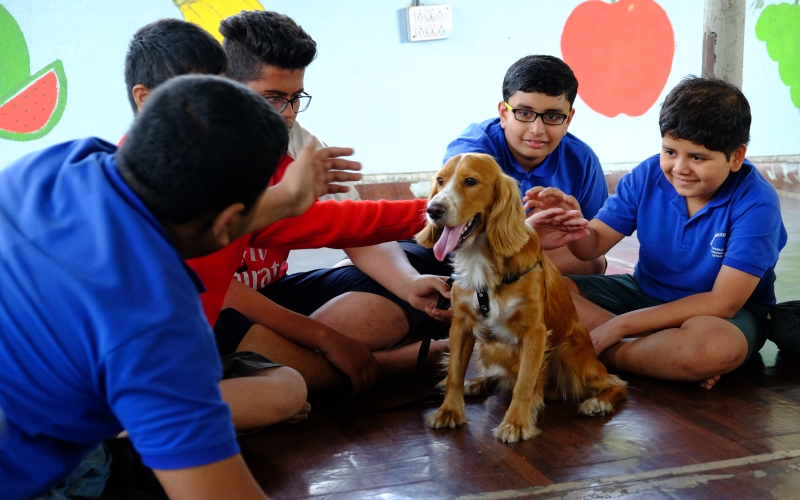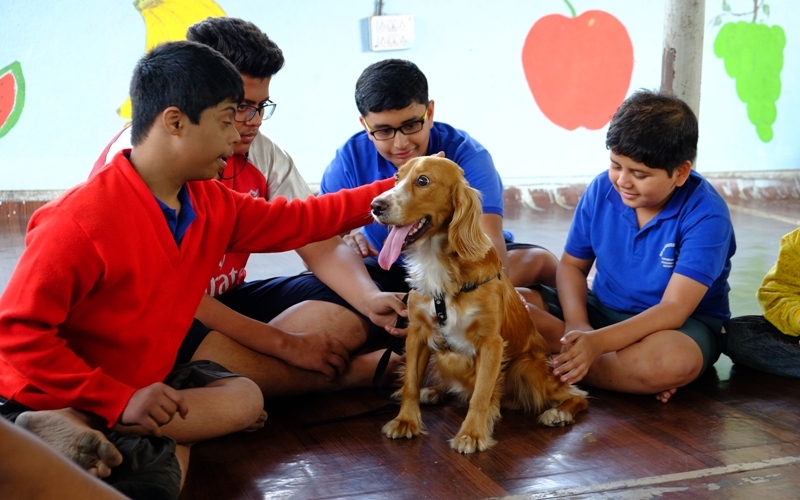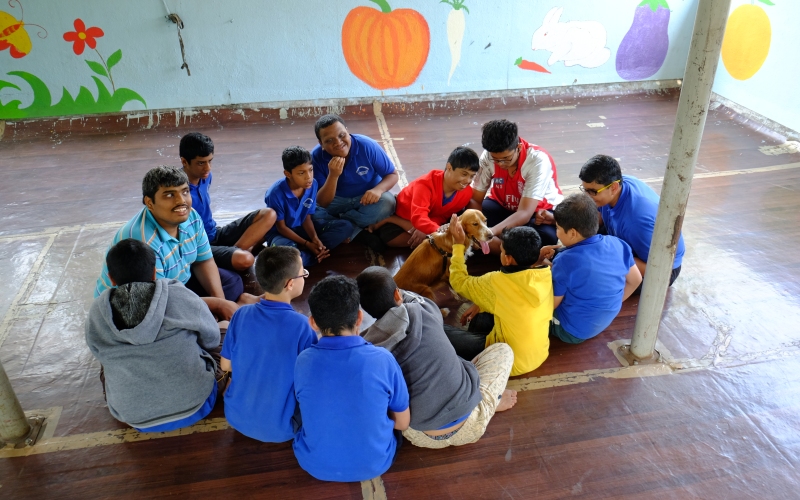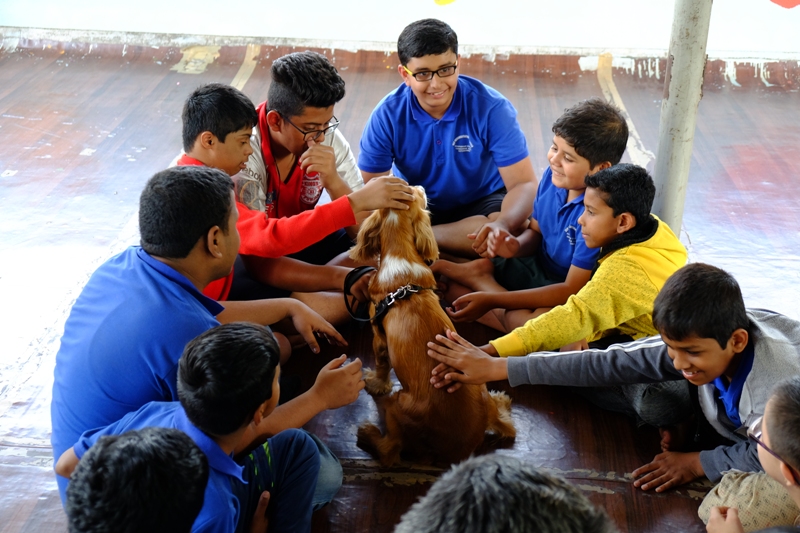Dog Therapy
To an autistic child, the world is often filled with loud distractions, bright lights, disorienting stimuli, and uncontrollable nervous impulses. These days, more and more autistic children are facing this challenging world with a loving, specially trained companion by their side: their therapy dog.
Though a relatively new area, therapy dogs for autistic people are being trained and used in many areas of the country, and the list of organizations that promote their use is growing.
How therapy dogs help autistic children
If you've ever watched a service dog help a person with a physical disability, it shouldn't come as a surprise that canine companions can also be trained to help people with autism. Here are some of the ways these dogs make life better and more manageable for children with autism:
Calming the child. Autistic children are subject to wild and random-seeming emotional outbursts. Therapy dogs that have bonded with autistic children have been shown to help keep them calmer. The dog must be trained to remain calm and supportive during the child's tantrum—and the child must understand that the dog is there for him to pet and hug. This may not be viable for all autistic children-dog partnerships, but it has been demonstrated to work in some cases.
Reducing repetitive motion. Many autistic children exhibit repetitive movements and behaviors, such as rocking back and forth. In some cases these mannerisms can become very forceful and last for prolonged periods of time. With a loyal—and well-trained—therapy dog to hug, some autistic children spend less time exhibiting repetitive movements. Therapy dogs have even been trained to recognize the onset of these episodes and interrupt the child.
Keeping the child from wandering off. Families with autistic children know that they must be ever vigilant because of their child's tendency to wander off. Therapy dogs are trained to keep these children from straying by circling them and barking to alert family members.
Being a soul mate. Dogs have earned their "best friend" status because of their uncanny ability to understand their master's emotional wants and needs. It appears that therapy dogs can also form this type of deep emotional bond with autistic children-a bond that transcends the ability of the child to express himself verbally.



